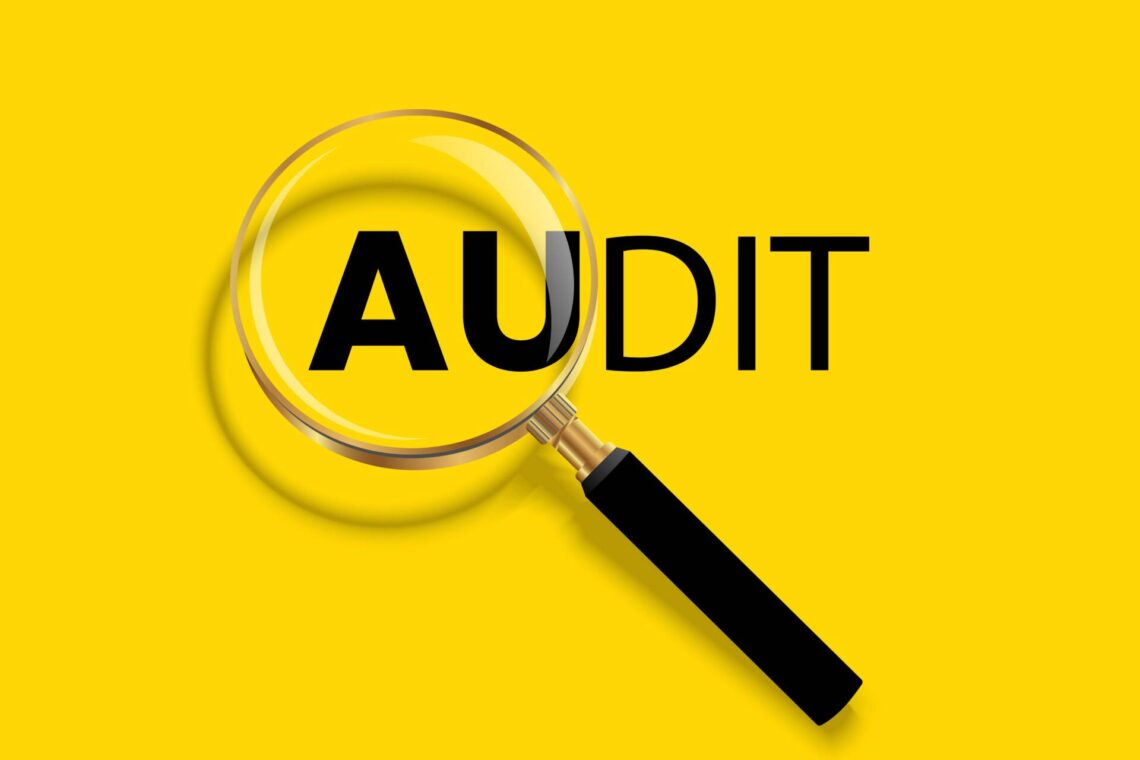Hearing the word “audit” can make even seasoned business owners uncomfortable. But when your records are in order and your practices are above board, there’s likely nothing to fear.
At Lemonade Beach Accounting, we believe audits don’t need to be daunting. With the right systems, the right support, and the right mindset, you can navigate an audit with total confidence – or better yet, reduce your chances of being audited in the first place.
Here’s how to get your business audit-ready and stay one step ahead of compliance.
What Is a Business Audit, and Why Does It Happen?
An audit is an official review of your business’s financial records and compliance history. In Australia, audits may be triggered by:
- Inconsistencies in lodged returns (GST, income tax, PAYG)
- Data mismatches picked up through ATO systems
- Random compliance reviews
- Specific industry risks (e.g. cash-heavy businesses)
- Government grant or funding applications
- Business sale or due diligence
Audits can be comprehensive or focused on one area, such as payroll, GST, superannuation, or recordkeeping.
We Do Things the Right Way – And Expect Our Clients To, Too
At Lemonade Beach, we pride ourselves on working with integrity. We always aim to do the right thing, even when it’s not the easiest path. That mindset applies to the way we manage our business – and how we choose to work with clients.
We’re selective about who we work with, partnering only with businesses that are committed to ethical practices, transparency, and compliance. This approach doesn’t just give us peace of mind – it also helps reduce the audit risk across our client base.
Of course, all clients are subject to the possibility of a random compliance review, but our proactive, values-driven approach is designed to minimise the likelihood of that ever happening.
Best Practices to Prepare for an Audit
Even if your audit risk is low, being prepared is still best practice. Here’s how to ensure you’re ready at any time:
-
Keep Your Records Organised and Accessible
Good recordkeeping is the foundation of audit readiness. You should be keeping:
- Sales and expense invoices
- Bank statements and reconciliations
- Payroll and superannuation data
- Tax lodgements and ATO communications
- Contracts and loan agreements
- Asset or depreciation schedules
Cloud-based systems like Xero, MYOB and QBO make this easier – and we can help you get set up properly if needed.
-
Reconcile Your Accounts At least Monthly
Reconciling regularly means you’ll:
- Catch mistakes quickly
- Avoid duplicate or missing transactions
- Maintain accurate BAS and tax figures
Monthly reconciliations also give you better visibility over your business finances, so it’s a win either way.
-
Lodge Accurate BAS and Tax Returns
The ATO uses data-matching software to cross-check your reported income, GST, and deductions. Avoid triggering a red flag by:
- Ensuring GST coding is correct
- Including any fringe benefits where applicable
- Backing up claims with documentation
- Correctly apportioning personal vs business use for items like cars or phones
-
Get Payroll Right the First Time
Since the introduction of Single Touch Payroll (STP), your payroll information is reported directly to the ATO. Accuracy is essential.
Stay compliant by:
- Paying super on time to the correct funds
- Withholding and reporting PAYG correctly
- Handling termination payments and entitlements properly
- Keeping up with award changes or Fair Work obligations
-
Understand Industry-Specific Risks
Certain industries are more likely to be audited due to cash payments, contractor usage, or historic underreporting. These often include:
- Building and construction
- Hospitality and cafés
- Trades and services
- Health and beauty
If you’re in one of these sectors, it’s worth doing extra due diligence – something we can guide you through.
-
Create a Digital “Audit Folder” for Peace of Mind
We recommend keeping a dedicated audit file with:
- Current year financial reports
- STP and super summaries
- Supporting documentation for deductions
- ATO correspondence
- Notes on any out-of-the-ordinary transactions
Having this ready to go reduces stress if a review ever arises.
-
Consider Audit Insurance
Whilst you may be able to action any ATO requests independently it’s likely that you may want professional assistance, whether that’s with your accountant, your bookkeeper or a lawyer. Even when you’ve done nothing wrong, and the ATO eventually agrees, the cost of accessing professional help can add up. We recommend discussing audit insurance with your insurance broker so that the cost of accessing professional assistance with an audit is not prohibitive.
The Lemonade Beach Difference: Prevention Over Panic
Because we only work with clients who are committed to doing things right, our approach to audit preparation is proactive, not reactive. We focus on systems, strategy, and compliance – so your business is audit-ready by default, not just when the ATO comes knocking.
We believe it’s not about dodging audits – it’s about having nothing to hide.
Want help reviewing your systems or recordkeeping processes?
Get in touch with Lemonade Beach Accounting. We’ll help you build a solid financial foundation and reduce the chance of an audit derailing your momentum.





